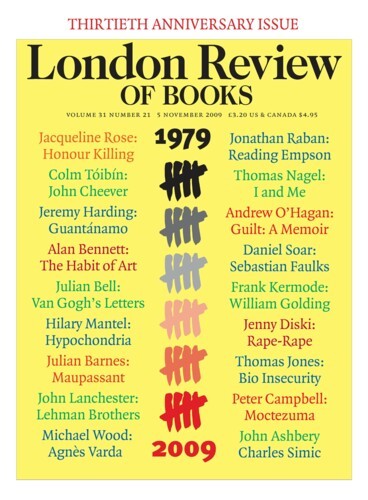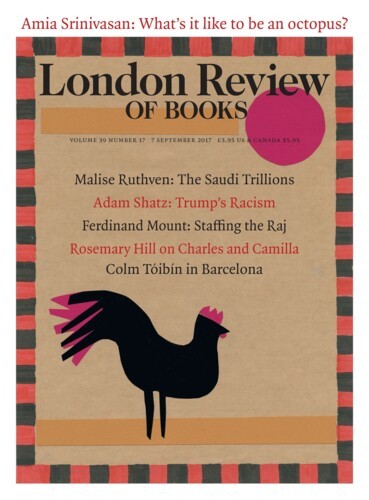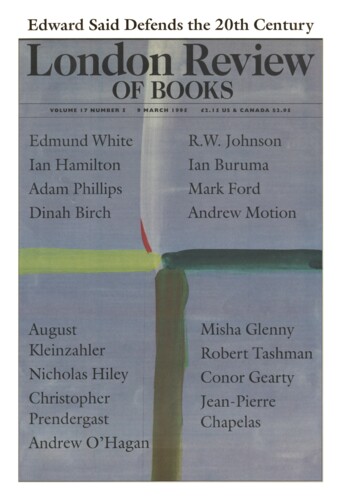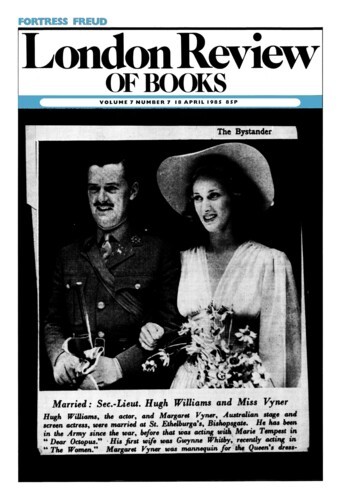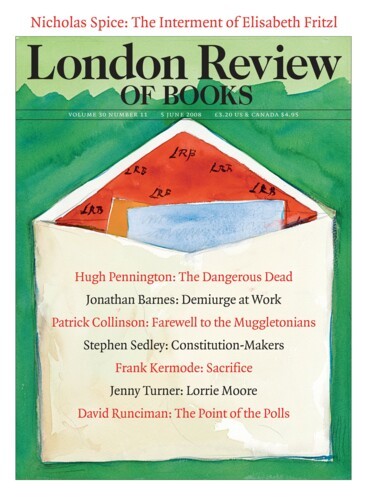The I in Me
Thomas Nagel, 5 November 2009
If, as most of us assume, we pass part of each night in dreamless sleep, what is it, apart from the human being, that loses consciousness late at night and regains it in the morning? How can there be a mental subject, persisting over such an interval, whose identity over time makes it the case that the subject who hears the alarm clock go off is the same one who saw the late news on television the night before?
